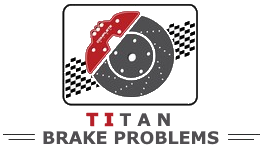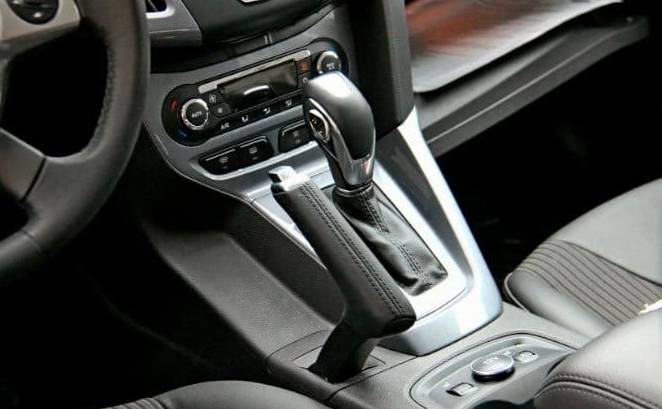Indeed: a strange question, because there is a special parking mode “P” for owners of cars with automatic transmissions. So, are only idiots working at all plants-manufacturers of automobiles? I can hardly believe it. Let’s analyze in which situations the parking brake may be useful for automatic transmission.
The majority of motorists, who have been driving cars on “automatic” all their lives, have never used a parking brake, using only “parking” mode (“P”) during parking. Only the former adherents of manual transmission are so “stuck” to the manual transmission, that the parking brake on automobiles with automatic transmission is used more out of habit.
The parking mode on automatic transmission in fact duplicates functions of handbrake. But it seems so only at first sight.
How Parking in an Automatic Transmission Works
First of all, let’s understand what is the parking mode in an automatic transmission. The mechanism is not complicated and consists of a coarse tooth gear and the so-called “hook” – a device with a pin, getting between the teeth of the gear and preventing it from rotating. This whole process takes place after the automatic transmission selector is switched to parking mode. After that, the transmission output shaft stops, and consequently the wheels will not spin.
The parking brake has a completely different principle of keeping the vehicle in one position. When the “handbrake” is raised, the mechanism clamps the brake pads. And therefore locks the car more reliably.
“Handbrake” VS “Parking”
If the car is parked on the road without a slope, it is not necessary to make special efforts to hold it in place. You can even leave it in “neutral” and it will not roll away, unless, of course, someone pushes it 🙂 In such circumstances, the parking brake is really not useful on cars with automatic gearbox, the standard mode “parking” is enough. There is no special load on the “hook” and gear, as the car is located on a straight surface.
Parking on a hill is another matter. It is easy to guess that it is a “hook” and a pinion that suffer most of all: in fact they take the whole weight of the car at the moment of parking on a slope. Though this mechanism is ridiculously reliable, nothing is everlasting. That means, due to constant wear load, the blocker’s parts may significantly wear out and cease to keep the car during parking. So, spare your transmission: put your car on “handbrake” on a steep hill. So, by the way, even in operation manuals the manufacturers write.
The following fact also speaks in favor of “handbrake”: if another car will drive into the parked car, standing on “parking” without using parking brake, then most likely it will be necessary to repair not only the body, but also automatic transmission.
How correctly to put the car with “automatic” on a parking brake
To minimize possible damage to the automatic transmission, we recommend you not to ignore the handbrake when parking, especially on hills. There is a reason why car manufacturers spend money for its installation… Only it is necessary to do it competently.
After stopping the vehicle, it is necessary, without removing your feet from the brake pedal and transfer the selector into parking mode, lift “handbrake”, release the brake pedal, thus giving the car a little rollback, and only after that put the car into “parking”.
Before starting a trip, the order is different: you must first fully depress the brake pedal, remove the “handbrake” and only then move the selector to the “D” or “R” depending on the direction of travel.
In what other cases the “handbrake” on the automatic transmission is useful
Many motorists forget that on “parking” is blocked only the gearbox itself, and the gears of the interwheel differential still continue to rotate. Because of this reason, unpleasant accidents periodically happen. For example, during repair work on the jack.
In addition, remember that the “handbrake” has another quite important purpose – to serve as an emergency brake, if suddenly the main brake system fails. It will not be possible to activate for this purpose the parking mode of automatic transmission during driving, as the mechanism will simply break.
To sum it up
We think that everything is obvious with parking on a hill. Additional locking device in the form of “handbrake” is simply necessary. Thereby you will save in integrity of a gearbox.
If you are going to park the car on a horizontal surface, it is not necessary to apply a parking brake on automatic transmission. However, you should not forget that if suddenly another car crashes into your car, it is likely that the parking mechanism will fail. And there is no way to avoid repairs. So take care of your transmission, using the “parking brake” as often as possible, and then it will serve you for a long time.

